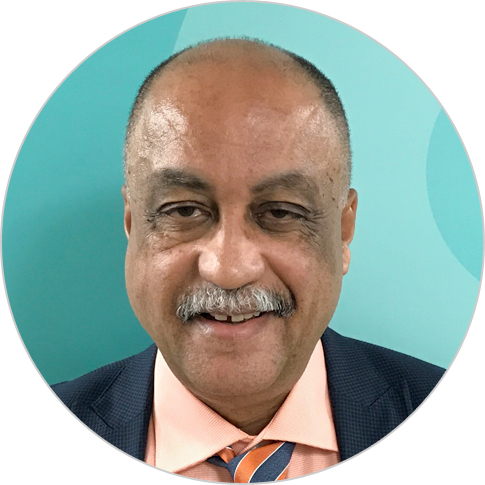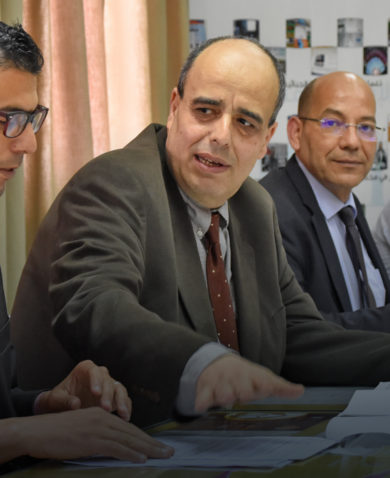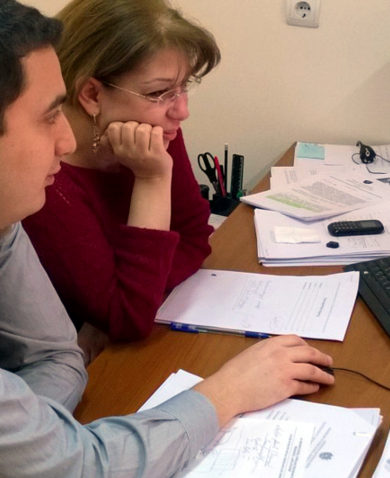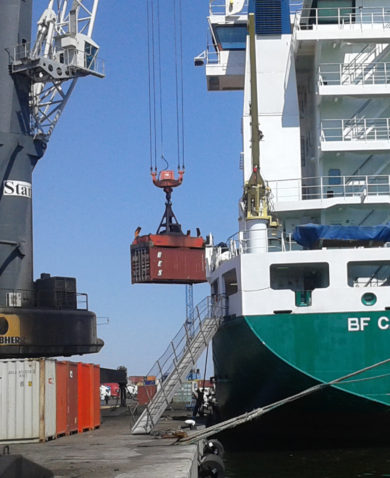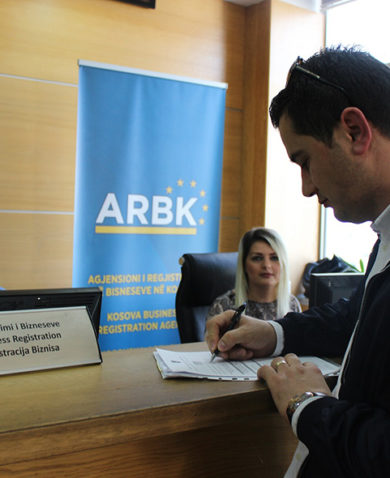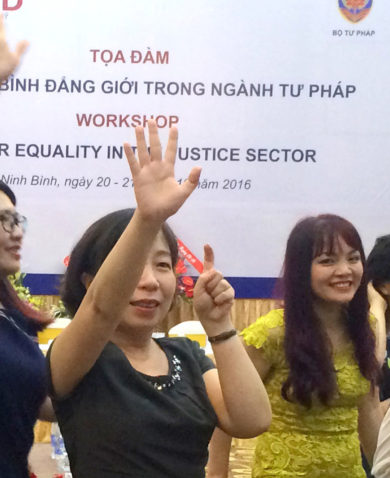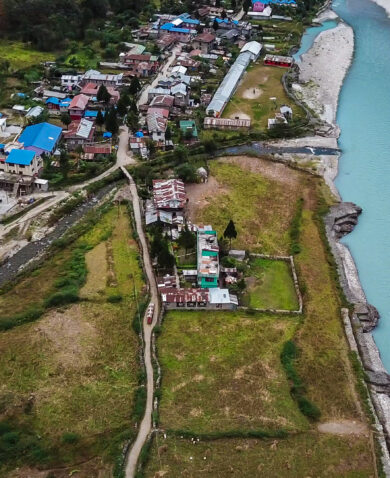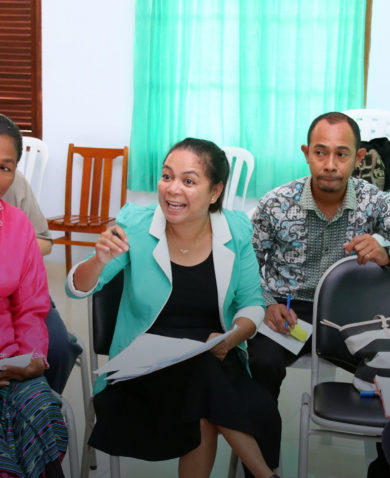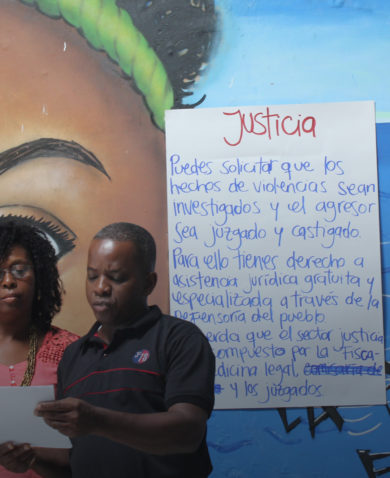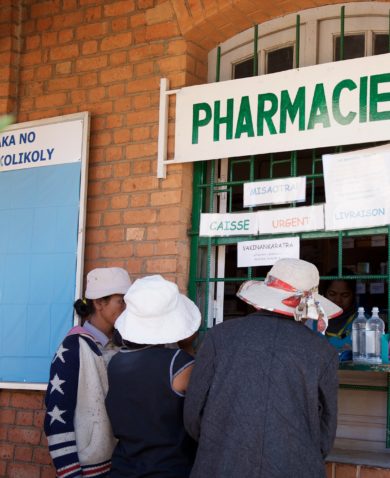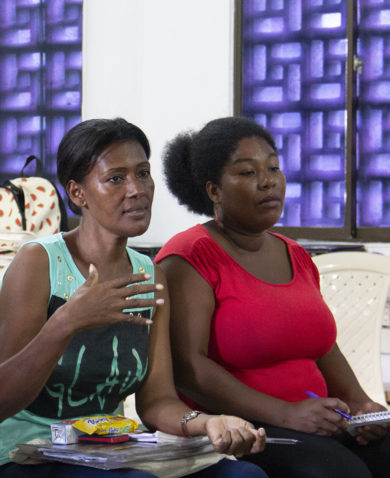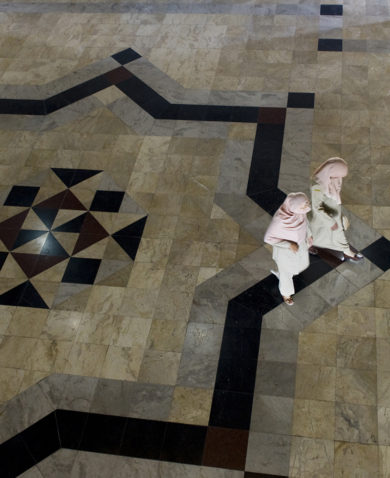
3 Questions on Financing Self-Reliance with Mario Kerby
August 11, 2020 | 4 Minute ReadHow can development practitioners foster local commitment for financing self-reliance? Chief of Party Mario Kerby shares how his project has engaged a diverse array of stakeholders — from finance ministers to schoolchildren — to ensure commitment to crucial fiscal reforms remains strong.
In May, Chemonics, the Urban Institute, and USAID co-hosted a panel discussion and interactive breakout sessions to explore approaches for fostering commitment to more transparent, sustainable financial governance. This summit highlighted experiences and lessons from three USAID projects — including the Chemonics-implemented Fiscal Reform for a Strong Tunisia (FIRST) project — that have successfully built greater commitment to financial reforms with government and nongovernment partners. These projects represent significant contributions to an ongoing USAID initiative to define and measure progress toward financing self-reliance (FSR).
Following Tunisian elections in 2019, what did the project do to ensure commitment of the new administration for continuation of the reforms?
The need for fiscal reform in Tunisia has been clear since the Jasmine Revolution of 2011. The FIRST project is assisting the Ministry of Finance to increase fiscal revenues to reduce the debt burden and to make strategic public investments to improve the business enabling environment. Since 2019 was an election year, it was particularly challenging to prod the government to undertake meaningful reforms. The project decided to focus on efficiency improvements in tax administration through IT solutions that can be implemented quickly even within the existing institutional and regulatory framework. This change in focus aligned with the digital transformation priority of the new government. One key lesson is that technology can be an accelerator of reforms by improving services for citizens and businesses who will then become powerful forces for institutional changes. For example, FIRST helped the Ministry of Finance streamline the electronic filing process. If we provide meaningful and practical tools to the champions of change within an administration, the impact of the changes can be visualized and experienced. Once efficiency gains are realized, it is very difficult to revert to the old ways.
How has your project identified and worked with reform champions and agents of change, and what impact has this had?
Our project has been working very closely with all the entities within the Ministry of Finance that deal with tax administration. Through working groups, training sessions, and seminars, our team was able to identify the ministry staff who were actively seeking change and those who seemed satisfied with the status quo or reluctant to change. Additionally, we conducted an applied political economy analysis (APEA) to better understand the context, incentives, and system-wide political dynamics. Key to the APEA was an initial stakeholder mapping of the key advocates of specific fiscal reforms, those opposed to specific fiscal reforms, and those who were indifferent. The APEA allowed the project to think and work politically by prioritizing the reforms for which there was little opposition and devise strategies to advance the reforms for which there was opposition. We also found that implementing IT tools that foster transparency and present clear benefits to taxpayers and businesses help those who favor reform and are difficult to resist for those who oppose reform. Opponents of reform often try to delay the implementation of tools and procedures that enhance transparency. One key strategy is to make public the potential impacts and benefits of streamlined and transparent processes using IT tools to garner support from key decision-makers.
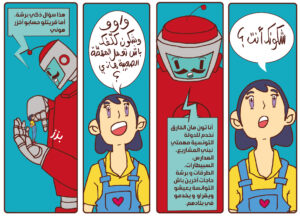
How did your project use communication and outreach to (re)gain citizens’ trust in the government of Tunisia?
The FIRST project has used a variety of tools to improve citizens’ trust in the Ministry of Finance. We trained more than 3,000 agents from the tax payment office throughout Tunisia in customer service. The training sessions were geared to make ministry staff understand that taxpayers are clients and should be treated as such. A follow-up survey showed significant improvement of taxpayers’ experiences in the tax offices. We also supported the ministry’s communications unit to make more extensive use of social media and the ministry’s website to communicate important initiatives and changes. As part of the messaging, we emphasized why the Ministry of Finance was undertaking certain actions, so that the public was better informed. We helped produce visual tools to show where the government gets its money and where the money goes. Finally, we created a comic book with a superhero character named Tunman to raise schoolchildren’s awareness of why the government needs to raise taxes to pay for public services and why it is a civic duty of citizens to pay them. This comic book is now used in schools as part of a civics class. To foster sustainability, the project implemented a communications strategy and is helping the Ministry of Finance set up its own communications unit that will be capable of continuing engagement with the public and with businesses to increase trust and foster a culture of transparency.
Key takeaways and a recording of the “Financing Self Reliance (FSR) Learning Summit: Promoting Commitment to Building Financial Self-Reliance,” which includes more insight into FIRST’s work, are available for those who were unable to attend the event.
Posts on the blog represent the views of the authors and do not necessarily represent the views of Chemonics.

